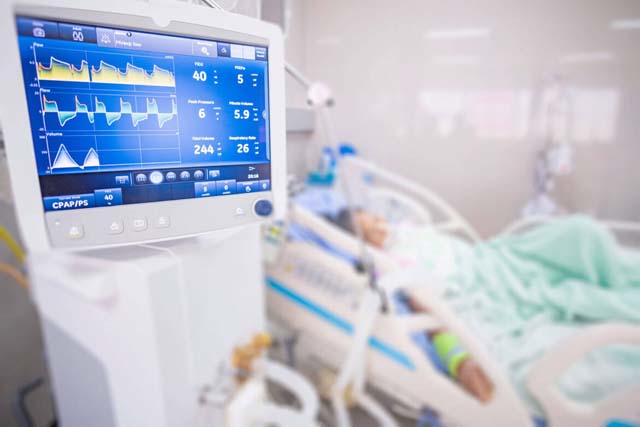
Evolution of Gastrectomy for Cancer over Three Decades: Identifying Areas for Further Improvements
Evolution of gastrectomy for cancer over the past 30 years is examined to identify potential areas for further improvements and research topics, informing future developments in surgical techniques and perioperative care to enhance patient outcomes in gastric cancer treatment.
March 2022

Bilateral Mastectomy in Unilateral Breast Cancer: Addressing Societal Factors to Reduce Unnecessary Procedures
Reducing the use of medically unnecessary contralateral prophylactic mastectomy necessitates societal changes that address enabling factors at the patient, physician, cultural, and system levels, emphasizing the importance of evidence-based decision-making and shared decision-making in breast cancer treatment.
March 2022

Reduced UVB Exposure Increases Risk of Colorectal Cancer: Implications for Sun Protection
Less exposure to UVB light is associated with an increased risk of colorectal cancer, emphasizing the importance of sun protection measures and vitamin D supplementation to mitigate cancer risk in susceptible populations.
Februery 2022

Low-Risk Prostate Cancer: Insights from Studies on Active Surveillance
Two new studies provide insights into the management of low-risk prostate cancer through active surveillance, offering evidence-based recommendations and highlighting the importance of personalized treatment approaches to minimize overtreatment and preserve quality of life in affected individuals.
Februery 2022

Caffeine Consumption and Risk of Glaucoma: Implications for Personalized Health Recommendations
Individuals with the highest genetic risk of glaucoma may benefit from moderating their caffeine intake, highlighting the potential interaction between genetic susceptibility and lifestyle factors in disease prevention and management.
January 2022

2021 Clinical Guidelines for Colorectal Cancer Screening: Age Recommendations
Updated clinical guidelines recommend initiating colorectal cancer screening at age 45 in average-risk individuals, reflecting evolving epidemiological trends and supporting early detection efforts to reduce disease burden and mortality rates.
October 2021

Vaccination and Invasive Cervical Cancer Risk Reduction: HPV Vaccine Benefits
HPV vaccination aims to prevent invasive cervical cancer by targeting oncogenic HPV types, highlighting its role in primary prevention efforts and reducing cancer burden through widespread vaccine coverage and immunization programs.
June 2021















